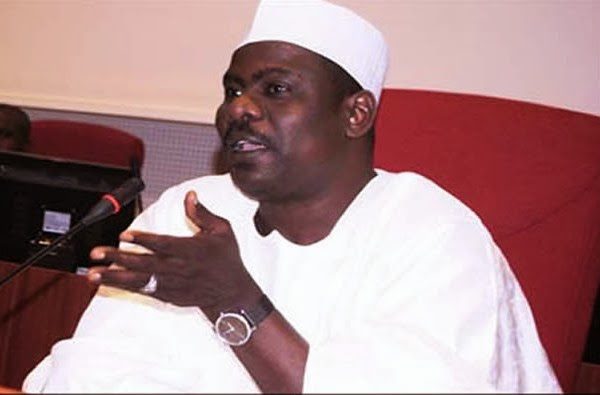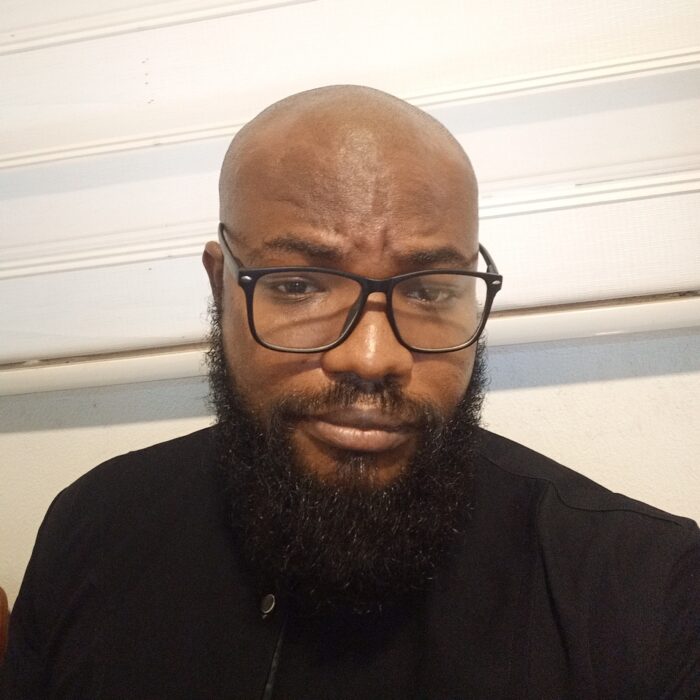Global Issues
African Politics: Battle of the Old and Young -By Ezinwanne Onwuka

There is something unmistakably common in Africa: the continent’s aging and long-serving presidents. The retirement age in most African countries for the working force is 60 years. However, the ages of some of the leaders on the continent are far beyond the retirement age for workers.
Lately, I couldn’t help but wonder why Africa is saddled with leaders who ought to be enjoying their retirement in peace and serenity, instead of in the political corridors, campaign trails and taxing political brinkmanship that challenge even the youngest leaders.
It is worrisome that many African presidents are rather old, mostly septuagenarians and octogenarians. It is even more worrisome that some of them make tremendous efforts to stay in power and die in office.
Consequently, there is a limited opportunity for the younger generation to participate actively in politics. The norm in Africa seems to be a growing youth population and a diminishing but powerful aged cohort that has tenaciously held on to power.
Gerontocracy is rooted in the African culture. In the traditional African societies in which gerontocracy existed, older people were highly esteemed because of the important roles they played by helping to integrate the society, preserve its cultural values, transmit knowledge and skills, settle disputes and educate the young. Their judgments were highly valued and respected. Within families, the authority of both men and women mostly increased with age.
Following this, the idea that, in African countries, political power is often linked with age is widely accepted. Most African countries continue to subscribe to what might be called a system of deference to the elders, and age (or age group) matters socially and politically. As already explained, this pre-eminence of elders is deeply rooted in the traditional structure of African communities.
Over the years, the culture of gerontocracy has gained a foothold in our modern political space. For instance, Nigeria’s recent presidents were older than 50 when elected. Olusegun Obasanjo was 62. Umaru Musa Yar’adua was 57. Goodluck Jonathan was 53. Muhammadu Buhari was 73.
The case does not differ from other African countries. Ghana’s president Nana Akufo-Addo was also 73 years old at the time of his election in 2017; Malawi’s president, Lazarus Chakwera was sworn in in 2020 aged 65; among others. Suffice to add that there have been attempts by younger men to vie for political office across the continent but with little or no success.
To this effect, Africa’s younger generation are passively involved in the political affairs of their country. The major explanation for this age disparity in leadership positions is the subservient culture that maintains the infallibility of elders. In some African cultures, elders are never considered to be wrong even when they palpably are so; and young people may never evince more knowledge than their elders, even when they do.
According to Adeleke (2017), “There is even a saying in a Nigerian tribe that “when elders are talking, the youth must be quiet.” When you take this idea and magnify it, you start to see how the culture is already rigged to make elders think that youth have nothing beyond physical strength and youthful exuberance to offer when they (the elders) are around. The few times young people are allowed to lead are times when they are leading their peers, as seen in student unions and community age groups.”
These cultural barriers are wittingly or unwittingly experienced within the political terrain, resulting in a burgeoning population of youth without political pedigree. The young generation are frequently used to perpetrate violence before, during and after elections, rather than participating in any real political decision-making and governance.
In countries where the youths actively participate in politics, such involvement does not acknowledge the autonomous agency of the youth. Rather, the narrative assumes that they (the youths) lack a voice of their own. In other words, where the youth is brought into politics, it is hardly on their own terms but on those of the adults who command the political heights. That is, the young generation are passive agents.
To change the status quo, Nigeria’s president, Muhammadu Buhari signed the “Not Too Young To Run” bill into law in 2018 to reduce the age limits across political offices, including the presidency. The “Not Too Young To Run” bill reduced the presidential age limit from 40 to 35 and, for governorship positions, from 35 to 30. This is commendable.
However, while lowering the age limit is one thing, getting into political office is quite another and will likely be an arduous journey for young Nigerians. Some of the major hurdles they will have to overcome include the high cost of political campaigns and maneuvering “godfather” establishment networks.
At this juncture, it is pertinent to state that although Africa’s youth involvement in elective politics has been minimal, they nonetheless play a dynamic role in political activism. In Nigeria, this was evidentduring the EndSARS protest. The protest started in October, 2020 when the citizens protested vehemently, nationwide, against the defunct Special Anti-Robbery Squad (SARS) brutality.
SARS (Special Anti-Robbery Squad), over the years, has mutated into an extrajudicial gang that freely extorted, tortured, violated and murdered young Nigerians for anything from having the latest iPhone to wearing dreadlocks. Hence, the cry for its disbandment.
As the peaceful protests intensified and spread throughout the African diaspora, a mantra began to form online and on the ground, encapsulating anger at the Nigerian government. But it was also a chant of unity, an elevation of the voices of the Nigerian youths, demanding for the right to live without being terrorized.
The fact that the political arena in many African states have been dominated by adult recycling politicians causes political apathy and passivity on the part of the younger generation. And this is disheartening.
Youths with some level of education and exposure should be given a space to participate in the politics of their country. There are numerous advantages to having young people in decision-making positions, chief among them being the formulation and implementation of policies that reflect their generation’s aspirations. Political parties should trust young people as able flag bearers during elections.
Ezinwanne Onwuka, Cross River State.
ezinwanne.dominion@gmail.com
+2348164505628




















